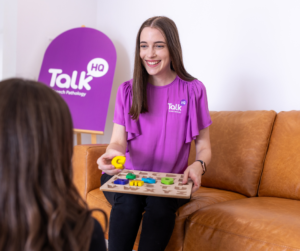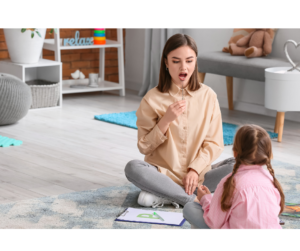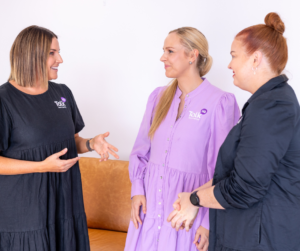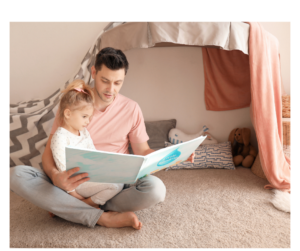Parents Hub
This Parents Hub was developed so you can quickly access answers to your FAQs. After all, parents are the crucial player in the team. We know parents are motivated to learn more about their child's communication. So, we are uploading new information about the latest research to help you learn. This Parents Hub is also designed to provide you with practical ways you can help your child at home. Here you will find oodles of resources that will help you nurture your child’s communication at home. Together, we work as a team to help your child succeed.
Found this Parents Hub useful? Bookmark this page for quick access!
Can't find the answers you are looking for? Send us your question here so we can help!
Frequently asked questions
What can I do before therapy starts to help my child at home?
So much! We share lots of valuable information on our social accounts so you can follow us on Facebook or Instagram. You may also like to attend one of our online parent webinars or sign up to an online program.
How long will therapy take?
While we would love to give you an end date, there are so many variables that impact on how long therapy will take. Each child, family situation and therapy approach is unique and things like your child’s developmental stage, severity level, temperament, end goals and your family’s commitment to home practise will all impact on the amount of time required. Rather than focusing on how long it might take, we’d encourage you to focus on the ongoing improvements you see in your child as they progress through therapy.
How do you decide what to work on first?
We’ll start by find out what is most motivating to your family and to your child. It will also depend on what your child is presenting with and what the current research says about the most effective approach to address it.
Do we really need to do home practise?
Home practise is a really important part of the speech therapy process. In the same way that a child who is learning the piano needs to play often to get better, children with communication challenges need to practise the new skills they are learning to master them. If you have concerns about the type or amount of home practise it is important to have these discussions with your therapist early so that we can problem solve together to work out a solution.
What does therapy look like?
Therapy will be different for each unique child and family. It will be a mixture of tabletop, floor, computer/iPad or movement activities but the ratio will change from child to child. Things like your child’s age, developmental stage and learning style will all be taken into account as well as things such as their attention span, movement needs and what is going to be the most motivating for them.
My child finds it difficult to sit still, will this impact therapy?
All children are different and we adapt therapy to suit their needs. We work with lots of busy children and simply work movement breaks into therapy and create a therapy plan around movement.
How do I know if now is the right time for therapy?
Parents are often told not to compare their children to others as they all develop in different ways at different rates. This can make it difficult to know whether therapy would be beneficial or if they are meeting their milestones. Whether you’ve been referred by another professional or educator or just aren’t sure yourself, the best way to uncover any developmental delays is to go through the assessment process. If therapy would be beneficial, it means you’ve already started the process and if it turns out your child is developing typically, you’ve got peace of mind.
How do you communicate with parents for school or out of clinic visits?
We use a platform called See-Saw to communicate with parents if the sessions are at school or outside of the clinic.
What age do you work with?
We work with children from birth through to 18 years.
Are sessions covered by Medicare?
Medicare rebates may be available for children with chronic conditions (including communication delays) when referred by a GP.
What about private health?
If your child is covered for speech pathology in your private health cover, you will be able to get a rebate on your sessions. The value will vary between health funds and depend on your coverage.
Are you an NDIS approved provider?
We absolutely are! If you are eligible for NDIS funding, get in touch with our friendly team to find out how to get started on your journey today.
Where are you located?
We currently have a number of clinic locations across North Queensland including Townsville, Ayr, Ingham and Palm Island. We also have scheduled visits to Bowen, Hughenden and the Isaac Region. If you’re not local to any of those areas, we also offer telehealth appointments via our Talk Online service. Watch this space though as Talk HQ clinics are expanding Australia wide!








